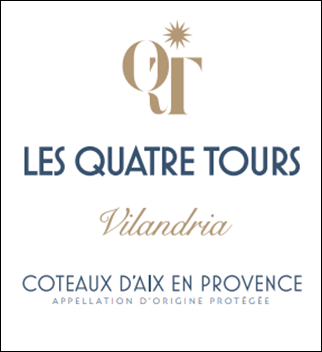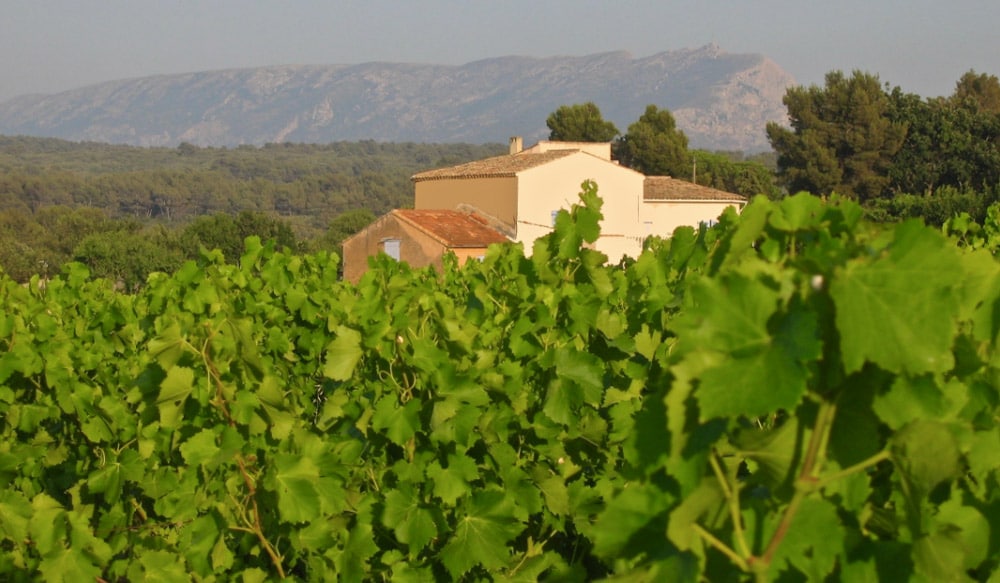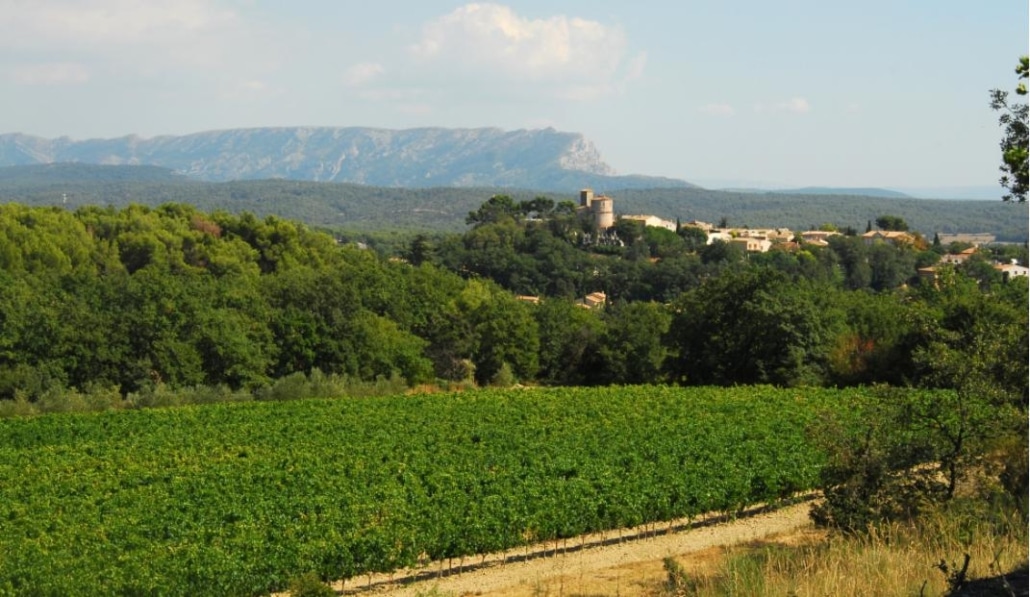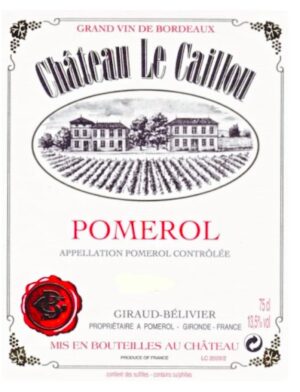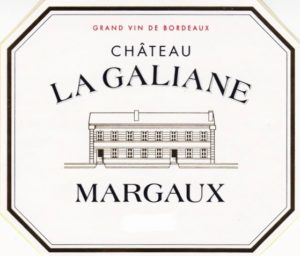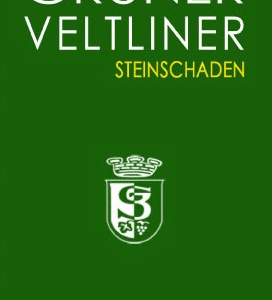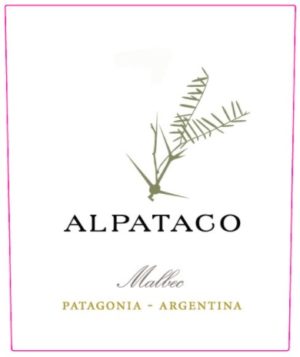ABOUT THE PRODUCER: Les Quatre Tours
The group of producers working under the Quatre Tours banner farm around 270 hectares of land around the villages of Venelles, Puyricard, Puy Ste Reparade in the rolling hills just north of Aix en Provence, the countryside that inspired Van Gogh and Cézanne. The land covers several micro climates: located on either side of the Trevaresse mountain range, between 200 and 400 meters of altitude. The soils are composed mainly of marl and chalk, and occasionally a little sand. The Mediterranean climate here is tempered by the Mistral.
Les Quatre Tours came into existence in 1924 (many cooperatives were born in that period, just after the 1st World War). Located in the town of Venelles, it operated as a very typical village co-op until the end of the 20th century, where the locals went with their jerry cans in order to “refuel” from the large tanks and then bottle the wines at home. Most of the wine was sold in bulk to negociants; nothing was put in bottle at the co-op.
In the 1990s, facing a very different and declining market for cheap, bulk wines, a group of the winegrowers decided to completely change the direction of the co-op. The idea was to model themselves after a small, quality “winery.” Their first decision was to change their way of cultivating the vines:
– reducing the yields through better pruning and cultivating grass between the rows
– working sustainably
– letting the winery manage the harvest of each grower
Then they made major investments in the cellar:
– new press
– temperature control
– new tanks
– new people: they hired a professional oenologist and an experienced managing director.
Most importantly there was a complete shift in attitude, converting simple grape growers into wine lovers who believe in the quality of the final product. This has cost them a number of members who didn’t share this philosophy of quality over quantity but it has also brought in new, like-minded growers. The vineyards of the partners of Les Quatre Tours are treated like a single estate, with each parcel managed according to its terroir, regardless of owners’ boundaries. The wines are vegan.
In the 1990s, facing a very different and declining market for cheap, bulk wines, a group of the winegrowers decided to completely change the direction of the co-op. The idea was to model themselves after a small, quality “winery.”

